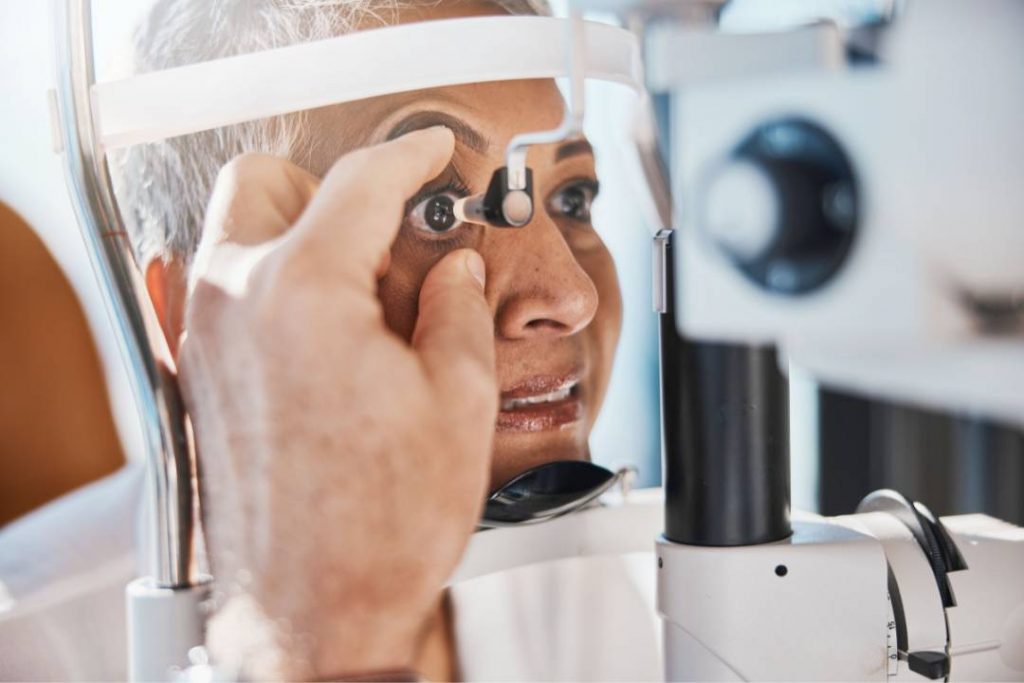As we age, our bodies undergo numerous changes, making it crucial to prioritize health and well-being. Annual health screenings are essential to maintaining good health, particularly for seniors. These screenings play a significant role in early detection and prevention, which can lead to more effective treatments and improved quality of life. In this blog post, we will explore the essential annual health screenings every senior should consider and discuss the role of preventive care in maintaining overall health.
Essential Annual Health Screenings for Seniors
Diabetes

Diabetes is a common condition among seniors that can lead to severe complications if not managed properly. Annual screenings include:
- Blood Sugar Levels: Fasting blood glucose or HbA1c tests to monitor blood sugar levels and diagnose diabetes or pre-diabetes.
- Diabetes Screening: Regular check-ups to manage and monitor diabetes, ensuring it is under control.
Cardiovascular Health
Heart disease is one of the leading causes of death among seniors, but early detection can make a significant difference. Key screenings include:
- High Blood Pressure: Regular monitoring to manage hypertension and reduce the risk of heart disease and stroke.
- Cholesterol Levels: A lipid panel test to check for high cholesterol can lead to heart disease.
- Heart Disease: Electrocardiograms (EKGs) and stress tests to assess heart function and detect any underlying issues.
Bone Health
Bone health is particularly important for seniors, as bone density decreases with age, leading to conditions like osteoporosis. Recommended screenings include:
- Osteoporosis Screening: Bone density tests (DEXA scans) to measure bone strength and identify risks of fractures.
- Calcium and Vitamin D Levels: Blood tests to ensure adequate levels of these crucial nutrients, which are vital for bone health.
Vision and Hearing

Age-related deterioration of vision and hearing can significantly impact quality of life. Regular screenings are vital to detect issues early:
- Vision Tests: Annual eye exams to check for glaucoma, cataracts, macular degeneration, and other age-related eye conditions.
- Hearing Tests: Audiometric tests to detect hearing loss and plan appropriate interventions.
Cancer Screenings
Early detection of cancer can significantly improve treatment outcomes. Seniors should consider the following screenings:
- Prostate Cancer: PSA blood tests and digital rectal exams for men.
- Breast Cancer: Mammograms and clinical breast exams for women.
- Lung Cancer: Low-dose computed tomography (LDCT) scans for those with a history of smoking.
- Colon Cancer: Colonoscopies or stool tests to detect colorectal cancer.
The Role of Preventive Care in Senior Health
Preventive care is the cornerstone of maintaining good health, particularly for seniors. By focusing on early detection and regular monitoring, preventive care helps manage chronic conditions, reduce the risk of serious health issues, and improve overall quality of life. Annual health screenings enable healthcare providers to identify potential problems early, leading to timely interventions and better health outcomes.
Overcoming Barriers to Health Screenings for Seniors
Despite the importance of annual health screenings, several barriers may prevent seniors from accessing these services. Common obstacles include cost, accessibility, and lack of awareness. Here are some tips to overcome these barriers:
- Cost: Explore health insurance options, including Medicare, which often covers preventive services and screenings.
- Accessibility: Look for community health centers or mobile screening units that provide services in your area.
- Awareness: Educate yourself and your loved ones about regular screenings and preventive care.
Annual health screenings are vital to maintaining good health and well-being for seniors. By prioritizing these screenings, seniors can benefit from early detection and preventive care, leading to better health outcomes and an improved quality of life. We encourage all seniors to take charge of their health by scheduling regular health screenings and prioritizing preventive care. Your health is your wealth—invest in it wisely.
For more information on specific health screenings or to schedule your next appointment, contact your healthcare provider today. Don’t wait; prioritize your health and enjoy the benefits of proactive, preventive care.
Seniors can stay healthy, active, and independent for years by focusing on these essential screenings and taking preventive measures. Remember, a proactive approach to health can make all the difference.




